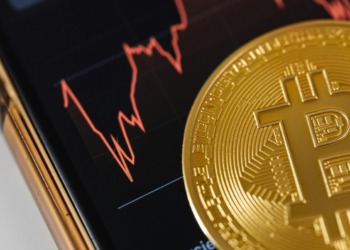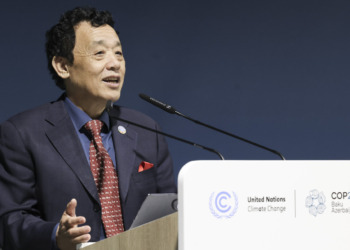The survey, conducted globally, found that corporate concern on sustainability has made way for more time-sensitive concerns, such as AI adoption and inflation. As a result, while 81% of CEOs acknowledge the long-term significance of keeping up with sustainability efforts, only 47% are actively prioritizing it. This trend is largely driven by rising costs and pressure to show short-term profitability, according to the survey.
The report highlights a drastic difference between corporate action and consumer expectations, with 70% of consumers and B2B buyers saying that sustainability plays a significant role in purchasing decisions. This finding serves as a warning to companies: those that fail to align with buyers’ values risk losing their competitive edge.
Jenny Davis-Pccound, a partner at Bain & Company, emphasized the tension in C-Suite executives: “While the long-term importance of sustainability remains clear, the tangible costs associated with it, especially amid inflationary pressures, are prompting many leaders to delay or scale back their initiatives.”
Related Articles: Navigating the EU Corporate Sustainability Reporting Directive [2023] | Corporate Sustainability: How Big Is the Gap Between Intentions and Implementation? | EU Adopts the Corporate Sustainability Due Diligence Directive
This shift in focus comes at a crucial time when global concerns about climate change are accelerating. Despite the deprioritization of sustainability by some corporate leaders, the report suggests that companies that maintain strong environmental commitments are likely to be rewarded by increasingly discerning consumers.
The survey underscores the growing importance of balancing technological advancements, financial realities, and sustainability in today’s competitive business landscape.
Editor’s Note: The opinions expressed here by the authors are their own, not those of Impakter.com — Cover Photo Credit: Wikimedia Commons.









